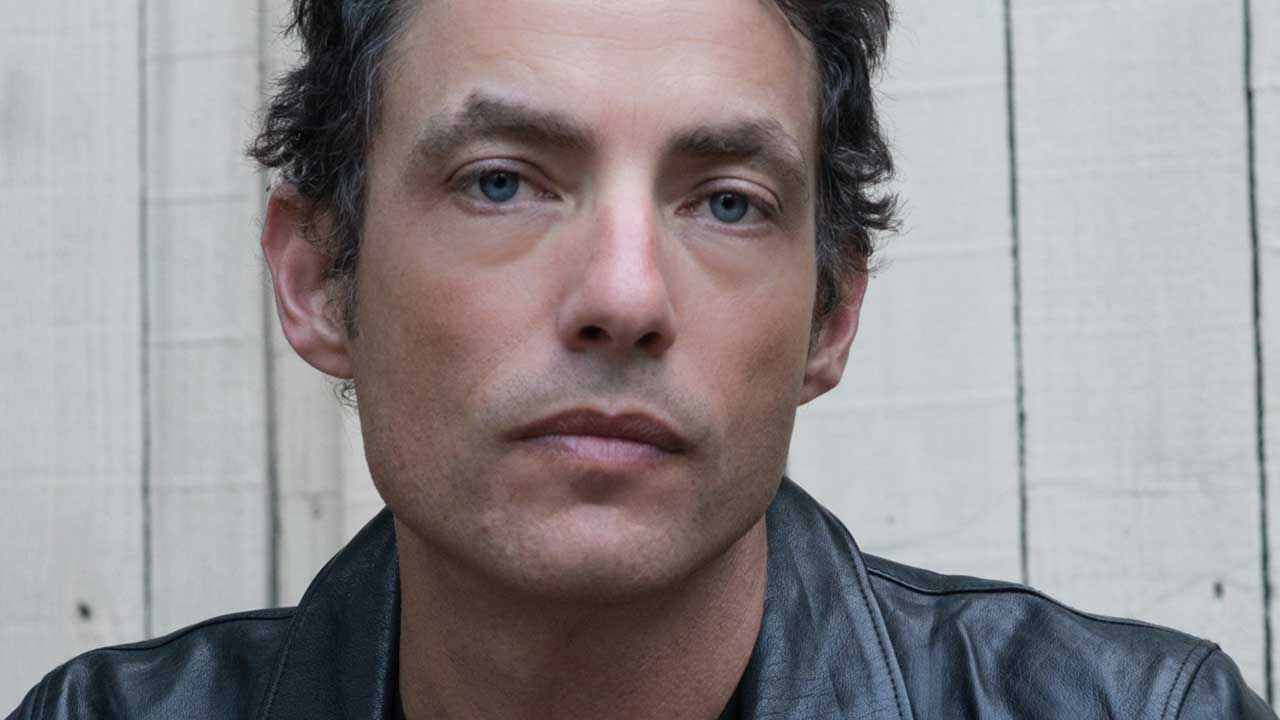The surname precedes him, of course, but over his three-decade career Jakob Dylan has slipped the shadow of his celebrated father and forged a towering reputation as a songwriter on his own terms.
The 51-year-old has worked in different contexts, but he tells us that with Exit Wounds, The Wallflowers’ seventh album, this band is still his best vehicle for rowdy and rootsy rock’n’roll.

Exit Wounds is the first Wallflowers album for a decade. Why was it time?
I honestly didn’t realise how much time had gone by. When you’re younger you feel the need to make records as often as you possibly can, but down the road, you realise you should only make them if you feel truly inspired. You get off that treadmill.
How prolific are you as a songwriter?
I tend to really dig in and write a few months before recording. Once you start writing, you’re consumed – and I don’t think you’re that pleasant to be around. You’re distracted. You’re obsessed, until you finish. So for those few months I have a full excuse to be unpleasant.
How was Exit Wounds to make?
I was brought up thinking records were not supposed to be fun to make. You get taught when you’re young that if you’re not miserable and fighting, then you’re not making something productive. But I don’t believe conflict makes better records. There’s room for joy as well. This record, I had a better time making than any other I can remember.
You have other projects (musical and otherwise). What is it about this band that keeps you coming back?
Well, I let the song tell me what it’s gonna be. But when I want to hear noisy guitars, The Wallflowers is the moniker I use. Sometimes I might not think rock’n’roll is a thing I need any more; I’m not twenty years old, but it’s in me.
Exit Wounds is about transitions, whether that’s from the Trump era or from a relationship. How have the last four years impacted on you?
It’s created a lot of uneasiness and anxiety. You see it everywhere. It’s complete chaos. I’m sure you guys sit over there and it must be comical to watch us all behave this way. You just couldn’t get away from the news. And it was maddening. And that’s a good time to write songs. I don’t write about those things, but they affected who I am. So you’re trying to find a pure place to come from so you can clear all that shit out of your head.
Why is recording live so important to The Wallflowers?
It’s not like I’m holding a torch for old-time rock’n’roll. But there’s something exciting about that red light that comes on, and you push yourself as hard as you can to get it right on the edge without falling off the cliff. You don’t want to be the one who fucks up and makes everybody do it again. There’s a sweat in your hands when you do it that way.
Were you ever star-struck making the Echo In The Canyon documentary?
Yeah. It doesn’t matter who you are, how much shit you think you’ve done, if you sit next to Brian Wilson and don’t feel starstruck, there’s something wrong with you. You’re looking at somebody pivotal. Like talking to Ringo Starr. He’s talked to I don’t know how many people. But now it’s my turn, y’know?
Exit Wounds is out now via New West.

